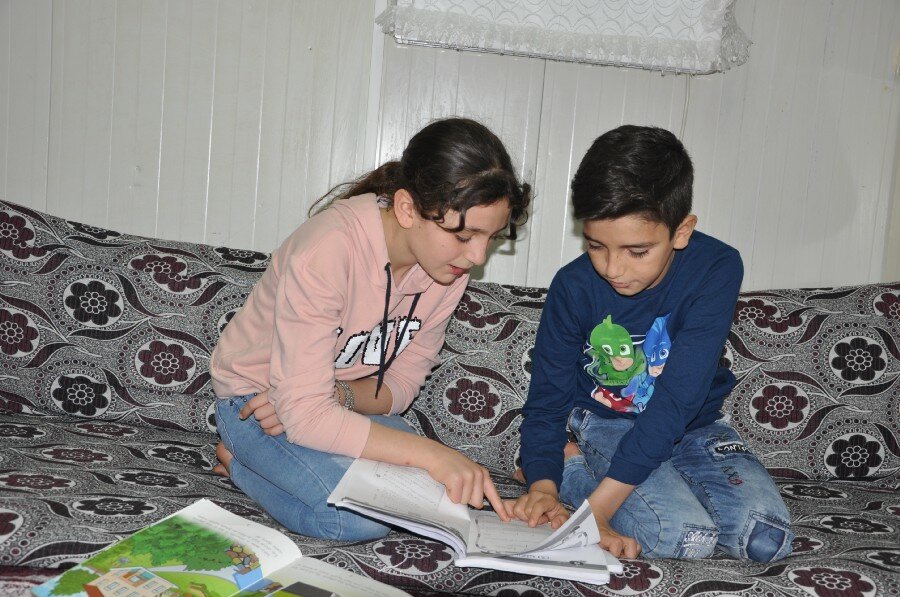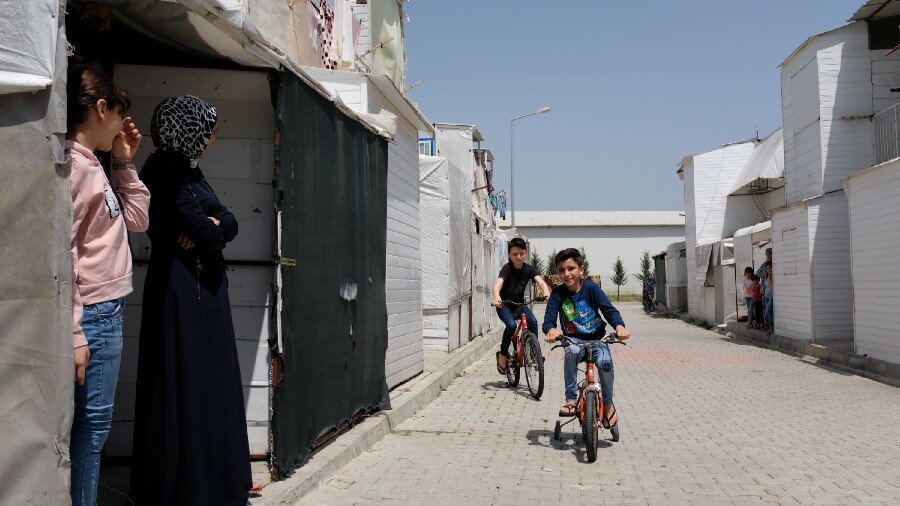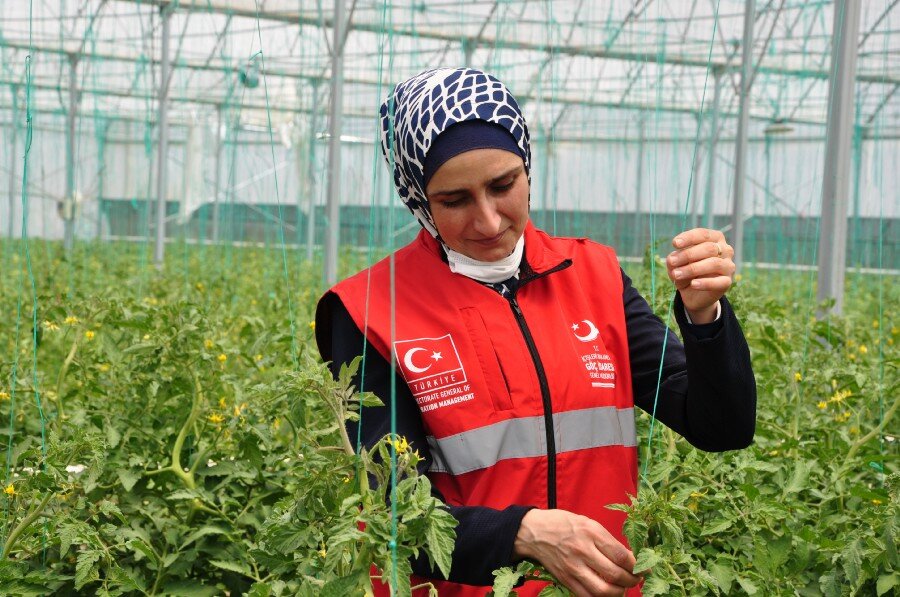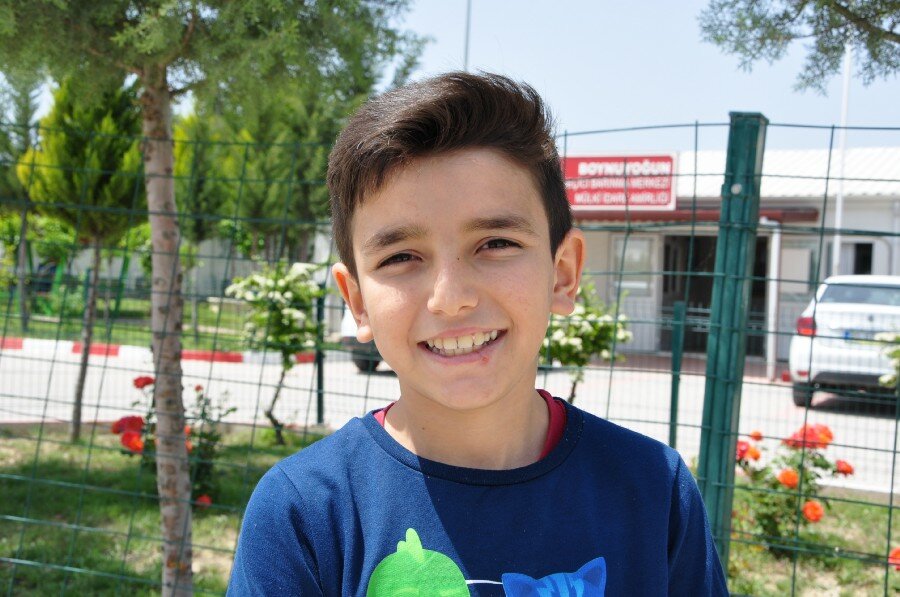A Syrian family's new life in Turkey

“The intense bombing and airstrikes forced us to leave our place. A safe shelter for my children was all I needed back then,” says Syrian refugee Dalia as she recalls how her journey to Turkey began.
Back home, Dalia and her husband used to be farmers. Growing crops, picking fruits, such as plums, apples and olives, and producing ol ive oil had been the family’s main source of income. A simple yet satisfying life. Then came the war and it turned everything upside down.
“We moved to Turkey in 2011 with my husband and immediately settled in a camp in the province of Hatay,” explains Dalia.
This feeling of relative stability didn’t last long. One year later, during a visit to Syria her husband was killed. Dalia became the family’s sole caretaker.

Life has been pretty harsh on Dalia but today she has everything she longed for when she fled her conflict-ravaged country. She lives in a camp in the southern province of Hatay, supported by the Turkish Government, and has received monthly assistance from the World Food Programme (WFP) and its partner, the Turkish Red Crescent (TRC) since 2012.
“When I first arrived in Turkey, I had two main concerns — shelter and food. Living in a safe place and having access to staple foods such as yoghurt, eggs and bread, is what matters most to me,” she says.
In 2017, after six years of refuge, Dalia and her children Ahmad, Nour and Abdelkareem, headed to Syria to visit her husband’s grave but things didn’t go as planned. “We spent seven days under a tree because of airstrikes,” she says.


Dalia, who already has experience in agriculture, has recently started working at a greenhouse inside the camps where she takes care of the vegetables and fruit trees. Being in the field means peace of mind. But not just that. For her, this is a great time investment and a good opportunity to earn additional income, especially as the coronavirus pandemic has put restrictions on mobility, causing many in-camp refugees to lose their additional earnings. “I am happy that we have such opportunities in the camps and that I get to see my children during working hours. I am thankful for everything,” she says.
Under the e-food card programme in place since 2012, WFP and TRC support Syrians under Temporary Protection and other refugees under International Protection residing in the Temporary Accommodation Centres (refugee camps) across southeastern Turkey. The e-vouchers (Kızılaykart) are loaded with US$14, of which US$12 is allocated for food. These cards can be redeemed in contracted markets inside the camps.
Thanks to generous contributions from USAID, Japan, Korea and Norway, WFP and TRC are able to implement this programme that constitutes a lifeline for nearly 50,000 refugees.
